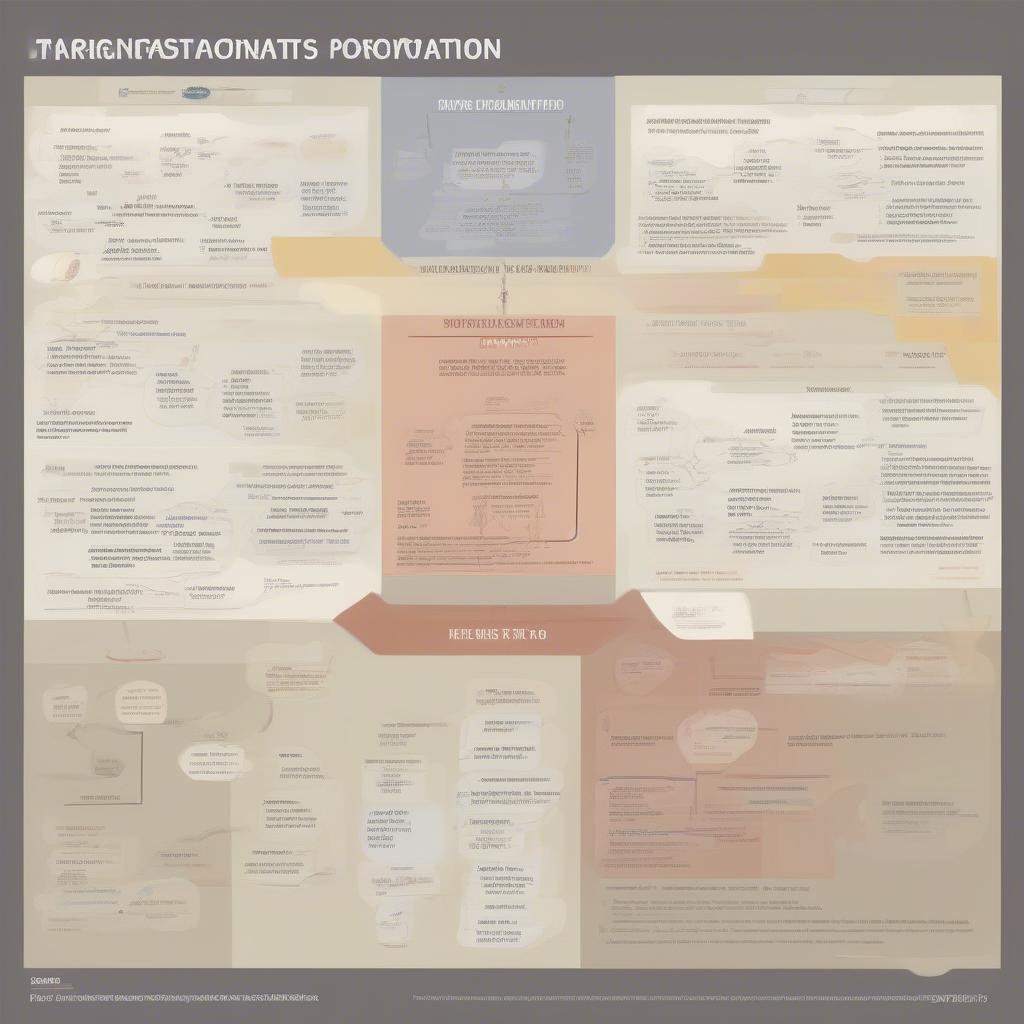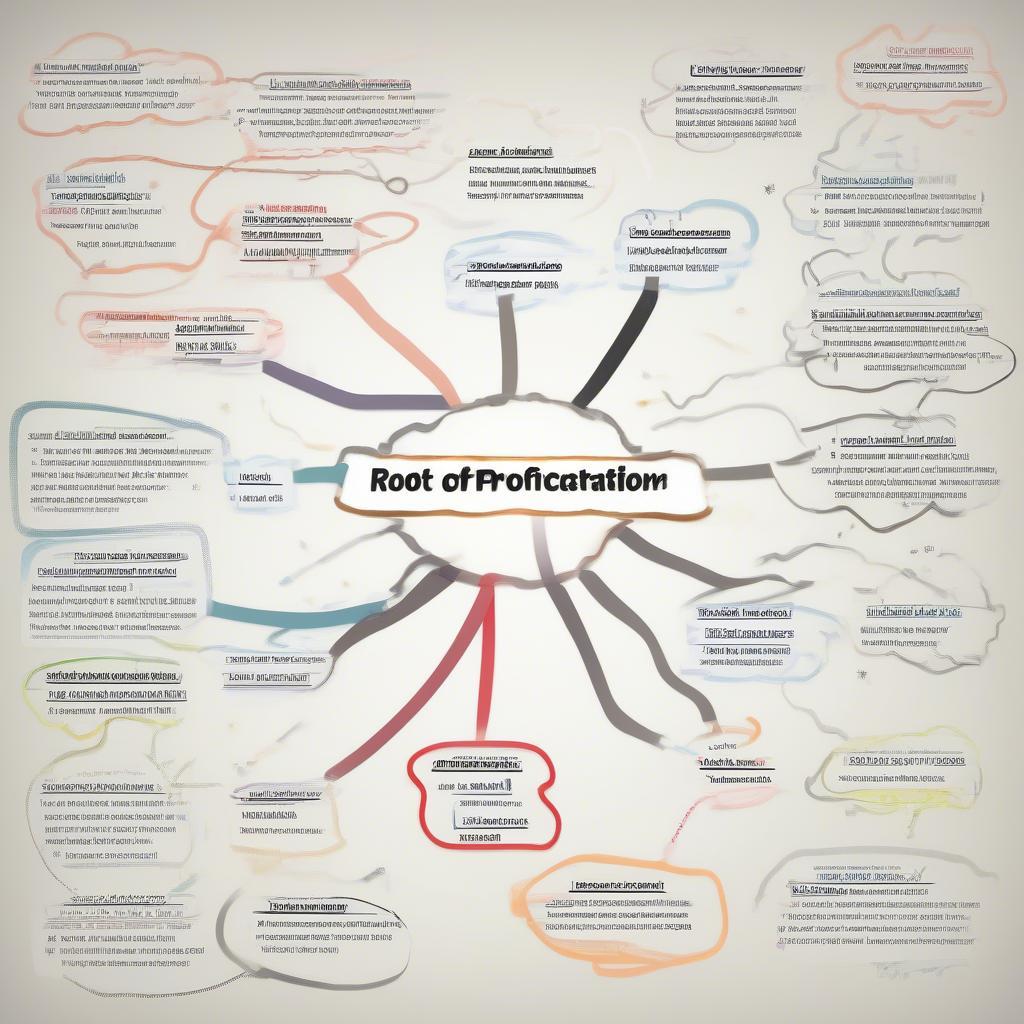Procrastination, or “sự trì hoãn” in Vietnamese, is a common struggle. This article delves into the meaning of procrastination in English, explores its various forms, and provides practical strategies to overcome this pervasive habit. thu xếp công việc can greatly assist in combating procrastination.
What Does “Sự Trì Hoãn” Mean in English?
“Sự trì hoãn” translates directly to “procrastination” in English. Procrastination is the act of delaying or postponing tasks, often until the last minute, despite knowing the negative consequences. It’s more than just laziness; it’s a complex psychological behavior that can stem from various factors, including fear of failure, perfectionism, or simply feeling overwhelmed.
 Procrastination at Work
Procrastination at Work
Different Types of Procrastination – Exploring the Nuances of “Sự Trì Hoãn”
Procrastination isn’t a one-size-fits-all phenomenon. Understanding the different types can help you identify your specific procrastination style and tailor your approach to overcoming it. Some common types include:
- Perfectionism: The fear of not meeting impossibly high standards leads to avoidance of the task altogether.
- Fear of Failure: The anxiety surrounding potential negative outcomes paralyzes action.
- Task Aversion: Simply disliking the task at hand leads to putting it off.
- Decisional Procrastination: Struggling to make a decision, thus delaying the start of the task.
- Arousal Procrastination: Thriving on the adrenaline rush of last-minute work, intentionally delaying tasks for the excitement.
 Types of Procrastination
Types of Procrastination
Overcoming “Sự Trì Hoãn”: Strategies for Effective Time Management
While procrastination can feel insurmountable, it’s a habit that can be broken. By implementing the following strategies, you can begin to reclaim your time and productivity.
- Break Down Tasks: Large, overwhelming tasks can be daunting. Divide them into smaller, manageable steps.
- Set Realistic Goals: Avoid setting unrealistic expectations. Start with achievable goals and gradually increase the difficulty.
- Prioritize Tasks: Use a bảng kế hoạch tuần or other planning tools to identify and prioritize important tasks.
- Eliminate Distractions: Create a dedicated workspace free from distractions like social media and email notifications.
- Reward Yourself: Celebrate small victories to reinforce positive behavior and motivate continued progress.
“Procrastination is not a character flaw, but a learned behavior,” says Dr. Jane Nguyen, a leading expert in behavioral psychology. “By understanding the underlying causes and implementing effective strategies, anyone can overcome procrastination and achieve their goals.”
Understanding the Root Causes of Procrastination
Sometimes, understanding why we procrastinate is the key to overcoming it. rủi ro doanh nghiệp là gì can sometimes be linked to procrastination, as individuals might delay addressing potential risks. Identifying the root cause, whether it’s fear, perfectionism, or lack of motivation, allows for targeted interventions.
 Root Causes of Procrastination
Root Causes of Procrastination
Procrastination and its Impact on Business
Procrastination can have significant consequences in a business setting. Missed deadlines, reduced productivity, and increased stress levels can negatively impact overall performance. key partner relationships can also suffer if procrastination leads to delays or unmet commitments. “Addressing procrastination within a team is crucial for maintaining efficiency and achieving business objectives,” states Michael Le, a renowned business consultant.
Conclusion: Taking Control of Your Time and Conquering “Sự Trì Hoãn”
Procrastination, or “sự trì hoãn,” is a common challenge, but it’s not insurmountable. By understanding the underlying causes and implementing practical strategies like effective hướng dẫn làm video thuyết trình, you can take control of your time and overcome this habit. Start small, be consistent, and celebrate your successes along the way.
FAQ: Common Questions about Procrastination
- What is the difference between procrastination and laziness? Laziness is a lack of desire to work, while procrastination is delaying tasks despite knowing the negative consequences.
- Is procrastination a mental health issue? While not a mental illness itself, it can be a symptom or contribute to other mental health conditions.
- How can I stop procrastinating on big projects? Break down large projects into smaller, manageable steps.
- What are some effective time management techniques? Techniques include prioritizing tasks, using a planner, and eliminating distractions.
- How can I motivate myself to stop procrastinating? Set realistic goals, reward yourself for progress, and focus on the positive outcomes of completing tasks.
- Can procrastination be a sign of something more serious? In some cases, persistent procrastination can indicate underlying anxiety or depression.
- Where can I find more resources on overcoming procrastination? Numerous books, articles, and online resources offer strategies and support for overcoming procrastination.


